Fethullah Gulen, a name that once resonated powerfully through the corridors of Turkish politics and society, has left an indelible mark on the nation’s fabric. Gulen, who passed away on October 20, 2024, at the age of 83, was not just a Turkish Islamic scholar, but also a deft influencer and architect of change. His story is a testament to the potent blend of education and activism, underpinned by a vision of a more inclusive and democratic society. Born in 1941 in Erzurum, Turkey, Gulen’s early life marked the beginning of his journey into religious education. He was influenced by the diverse cultural tapestry of Erzurum, which laid the groundwork for his ideas on tolerance and dialogue. It was from these roots that he would eventually spur the formation of a movement that emphasized education, critical thinking, and inclusivity.
Gulen's educational initiatives, often referred to as the Gulen movement or 'Hizmet' (meaning service), were pivotal in his vision for Turkey. These schools did not just dot Turkey’s landscape; they spanned across continents, forming a global network that unified science, mathematics, and Islamic values under one banner. While education was the visible arm of his influence, the underlying philosophy was to create a generation that could harmonize religious ideals with the principles of modern secularism. Gulen's advocacy of a moderate form of Islam gave many in Turkey and around the world a fresh perspective on religious engagement. In a country where the secular and the religious have often been at loggerheads, Gulen seemed to provide a bridge, a middle path where progress and tradition could co-exist.
However, Gulen's increasing influence was met with suspicion and resistance, particularly from Turkish political quarters. His relationship with Turkey's President Recep Tayyip Erdogan began amicably but gradually frayed as Erdogan saw Gulen's growing base as a direct challenge to his authority. This immense pressure climaxed post-2013, with Erdogan viewing Gulen as a political adversary. Gulen, by this time residing in self-imposed exile in Pennsylvania since 1999, was accused of orchestrating a failed coup attempt in 2016, although he denied these charges vehemently. The fallout was severe, with a subsequent purge in Turkey targeting anyone suspected of Gulenist sympathies. The purges, involving thousands, reshaped the landscape of Turkey’s political, judicial, and military structures, sowing discord and fear in the process.
Fethullah Gulen's Educational Vision
Central to Gulen's ideology was the belief in education as a transformative force. His followers established a multitude of schools and universities around the globe. These institutions were known for producing students with not just academic proficiency, but also a keen sense of ethical responsibility. The curriculum often included rigorous science and mathematics courses, juxtaposed with teachings in values and ethics, largely drawn from a moderate Islamic perspective. This model aimed to foster individuals who could think critically and act responsibly, regardless of their faith or nationality. While traditional elements of Islamic education were maintained, Gulen's schools were innovative in their promotion of a dialogue-centric approach. This broadened the students’ horizons, enabling them to engage with global challenges from an informed standpoint.
The Gulen Movement's Contribution to Social Reform
The growth of the Gulen movement, from a modest educational initiative to a sprawling international presence, highlighted its broad appeal. Despite criticisms of its political ambitions, the movement's contributions to social welfare and interfaith dialogue have been significant. Gulen's followers initiated projects ranging from disaster relief efforts to building hospitals and welfare centers. They actively promoted cross-cultural dialogue, fostering a climate of mutual respect and understanding between disparate religious communities. This focus on humanitarian efforts and cultural exchange represented Gulen's broader vision of community service and global unity. His teachings encouraged adherents to not only reflect on their spiritual selves but also engage constructively with the secular world.
Despite the challenges, controversies, and political intrigue surrounding his life, Fethullah Gulen remained a significant voice for peace and human rights. His death marks the end of a significant chapter in Turkish history, yet his influence continues to spark debate among scholars, supporters, and critics alike. Whether hailed as a reformist visionary or viewed warily as a political agitator, Gulen's role in redefining moderate Islam and his efforts to build a global community of learners and thinkers are undeniable. Understanding his legacy requires considering both the educational ideals he advanced and the geopolitical repercussions they eventually precipitated.
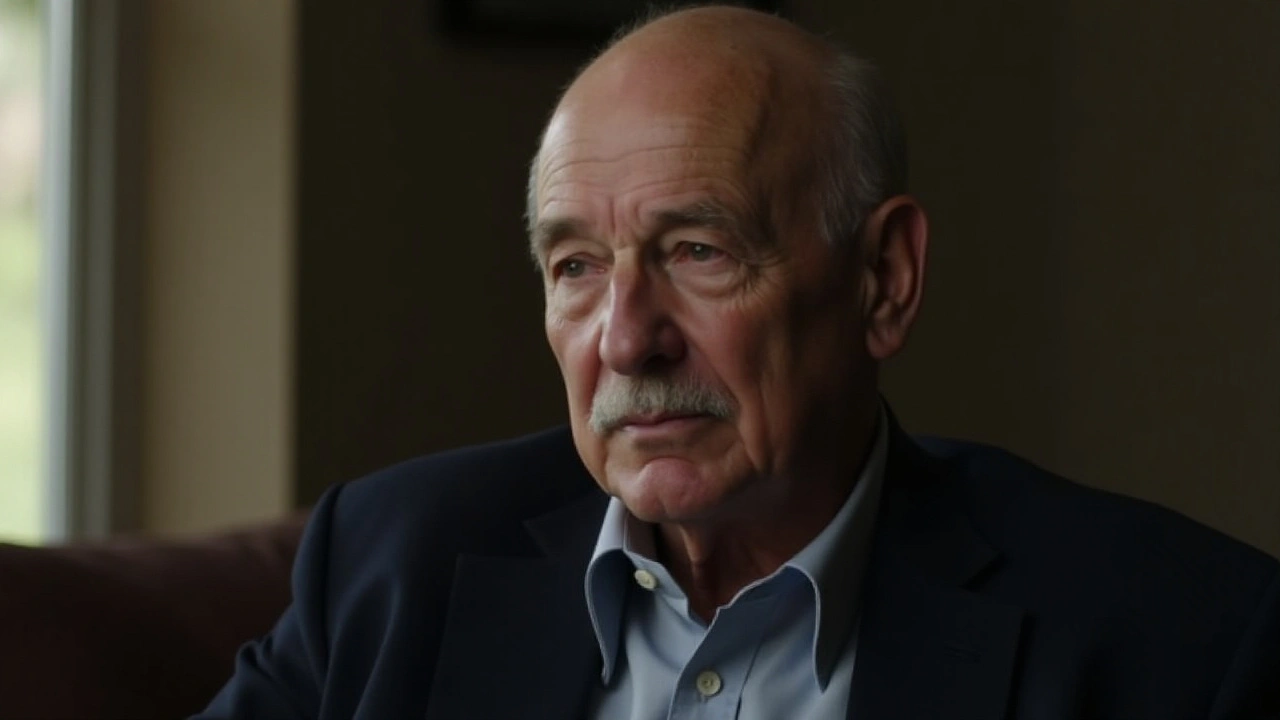
The Complex Legacy of Fethullah Gulen
Gulen's legacy is a conundrum of sorts, celebrated by some and criticized by others. To his supporters, he was a progressive reformer who dared to imagine a harmonious coexistence of Islam with contemporary democratic values. They view his lifelong advocacy for interfaith dialogue and educational reform as his hallmark achievements. Critics, however, remain wary of his intentions, suspicious of what they perceive as the socio-political undercurrents of his movement. Some accuse him of attempting to undermine Turkey’s secular framework, posing a threat to stability through the veils of educational and religious reform. The reality lies somewhere in between, as history often shows that visionaries can both forge new paths and court controversy.
As modern Turkey continues to grapple with its dichotomous identity—balancing its Islamic traditions with secular governance—Gulen's contributions serve as a mirror reflecting these broader societal conflicts. His passing does not merely signify the end of an era but opens the door to reflect on the myriad ways in which education and religion intertwine to shape global narratives. While the political disputes surrounding him may fade over time, the inherent value in dialogue and education he championed remains ever pertinent. As scholars continue to dissect his impact, the discourse on blending faith with modernity—an endeavor that defined Gulen’s mission—continues to influence educational and religious thought worldwide.
In conclusion, as the dust settles on Fethullah Gulen's life, what remains is a complex, multifaceted legacy. One that continues to inspire, question, and redefine how modern societies integrate traditional religious values with the tenets of democracy. He may no longer be a living voice in this dialogue, but the echoes of his work will likely reverberate through Turkey and beyond for years to come.
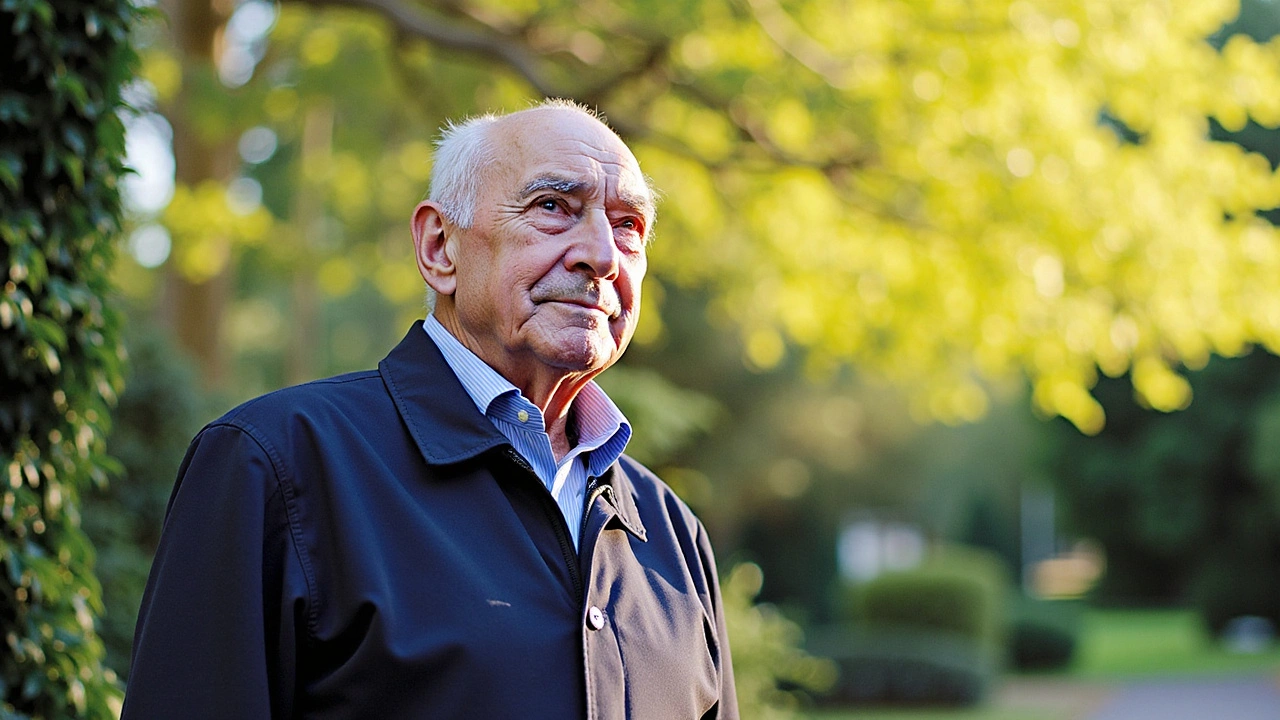
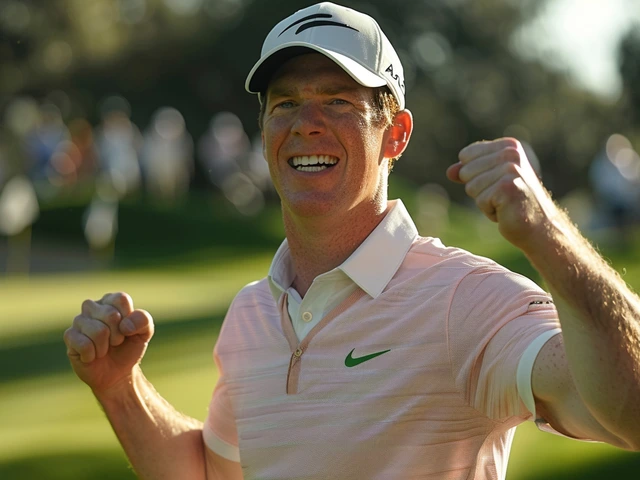

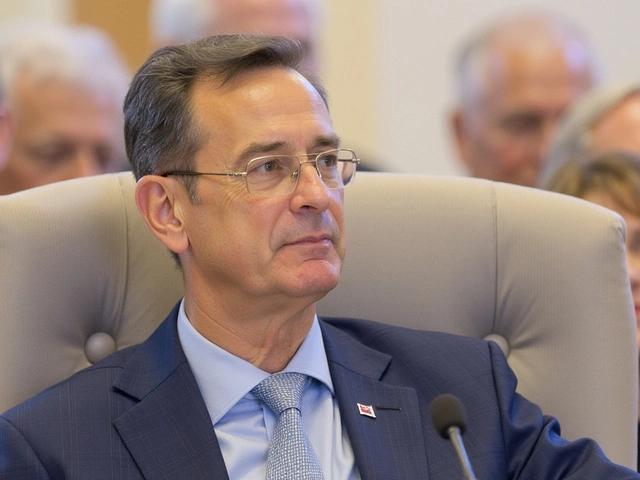
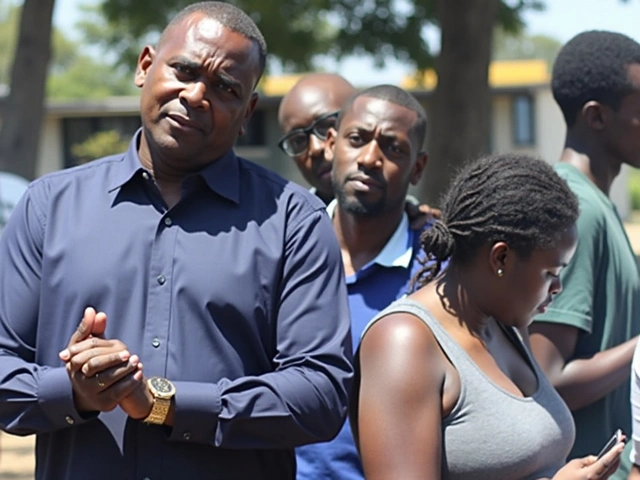

Write a comment